Nick Fuentes, a 27-year-old white supremacist and far-right political influencer, has been at the center of a heated debate within the Republican Party over the past few weeks. Fuentes hosts an online show called America First with Nicholas J. Fuentes, which has amassed a huge audience, mostly consisting of young white Christian men. Established Republican Party figures, such as Tucker Carlson, have courted Fuentes and given him a platform, hoping to attract this audience and secure their influence within the party.
Fuentes' rise to prominence has been facilitated by his ability to tap into the concerns and frustrations of his audience, often using antisemitic rhetoric to fuel his message. According to experts, Fuentes' online show has been successful in creating a sense of community among his followers, who feel emboldened to express their views without fear of retribution. "Fuentes has created a safe space for people to express their extremist views, and that's a recipe for disaster," said Dr. Rachel Rosen, a leading expert on far-right extremism.
Fuentes' connections to the Republican Party go beyond his online presence. He has been spotted at high-profile events, including a 2020 rally in Washington, D.C., where he met with other far-right figures. While it is unclear how far Fuentes' reach extends within the Trump administration, some sources suggest that he has supporters within the government. Fuentes himself has instructed his followers to keep their views hidden, making it difficult to determine the full extent of his influence.
The Republican Party's willingness to engage with Fuentes has raised concerns among critics, who argue that the party is compromising its values by associating with a known white supremacist. "The Republican Party is playing with fire by embracing Fuentes and his ideology," said Rep. Jamie Raskin, a Democrat from Maryland. "It's a slippery slope that can lead to further radicalization and violence."
Fuentes' rise to prominence has also sparked a wider debate about the role of social media in spreading extremist ideologies. Critics argue that platforms like YouTube and Twitter have enabled Fuentes to reach a vast audience, often without adequate moderation or fact-checking. "Social media companies have a responsibility to prevent the spread of hate speech and extremism," said Sen. Chris Murphy, a Democrat from Connecticut. "We need to hold them accountable for their role in enabling Fuentes and others like him."
As the debate over Fuentes' influence continues, it remains to be seen how the Republican Party will respond to the criticism. Will they continue to court Fuentes and his followers, or will they distance themselves from his extremist ideology? One thing is certain: Fuentes' rise to prominence has exposed a deep-seated problem within the Republican Party, one that will require a concerted effort to address.
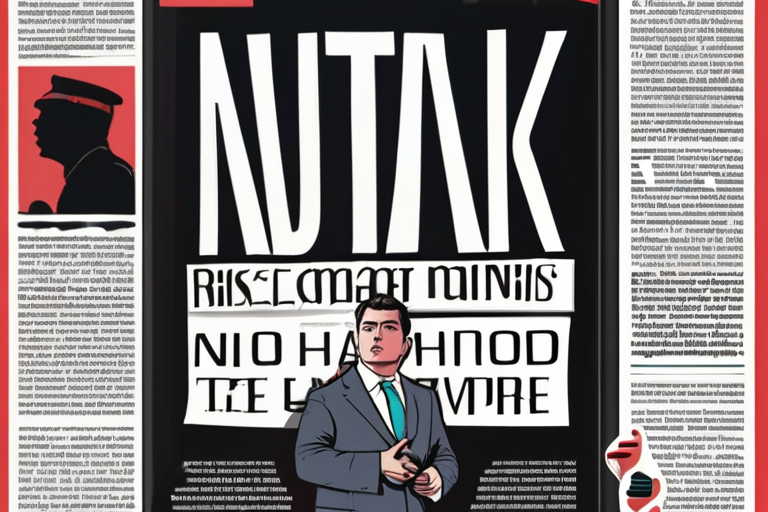


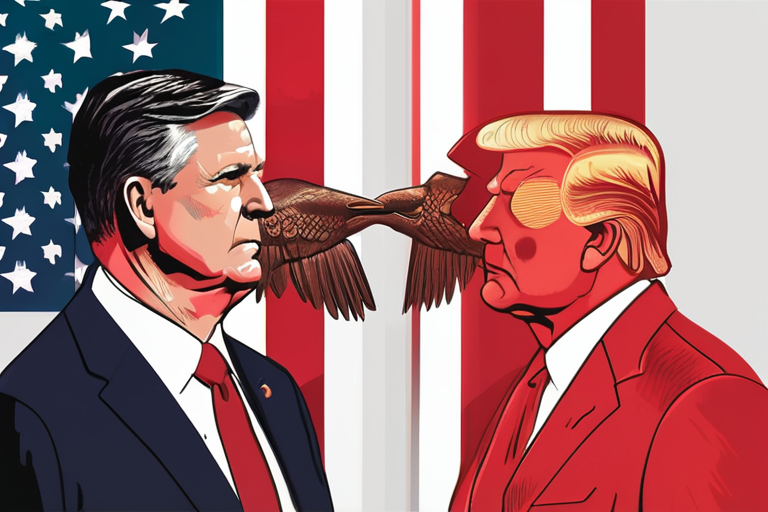




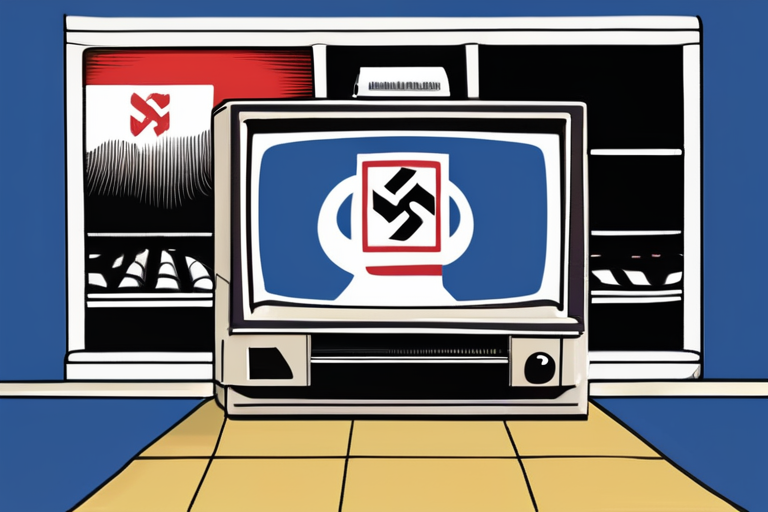



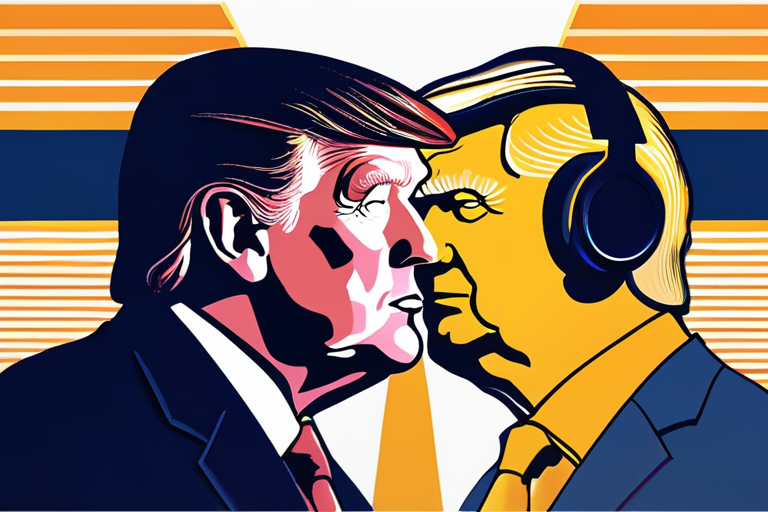
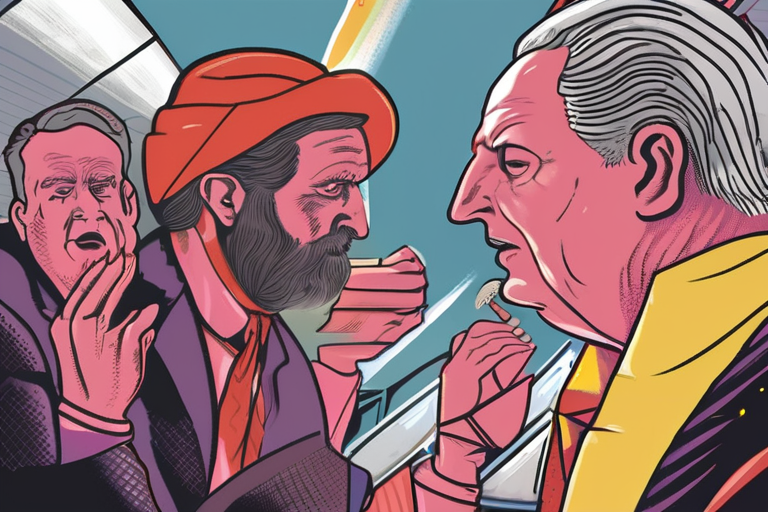
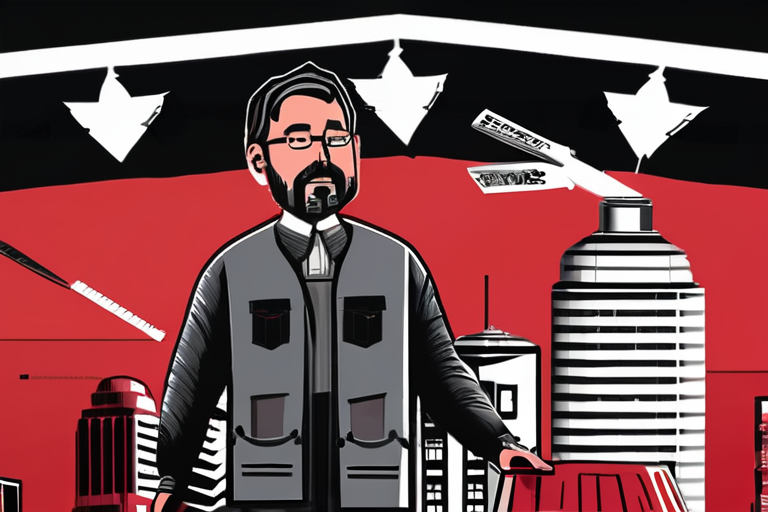
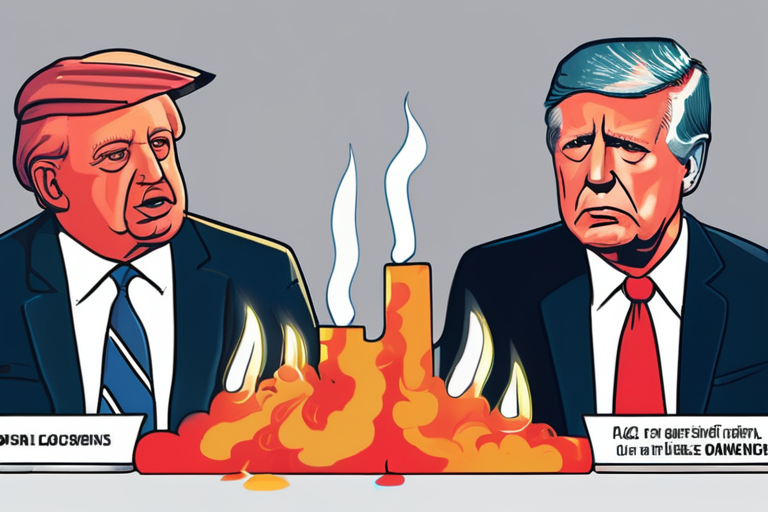




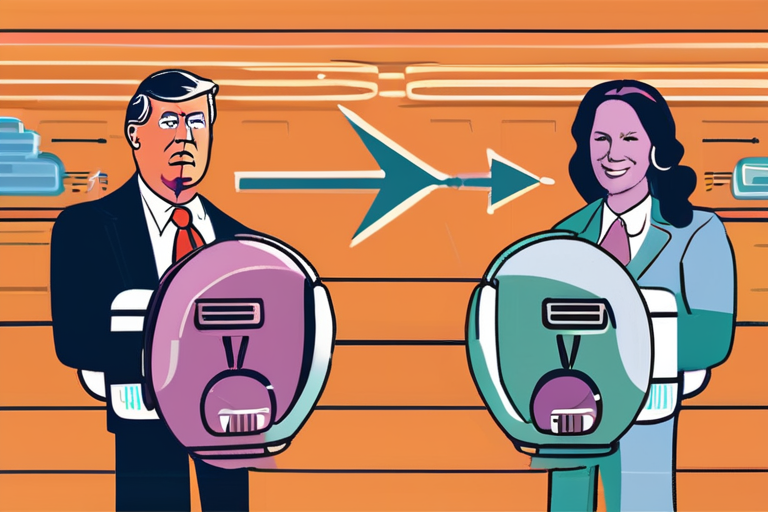






Share & Engage Share
Share this article